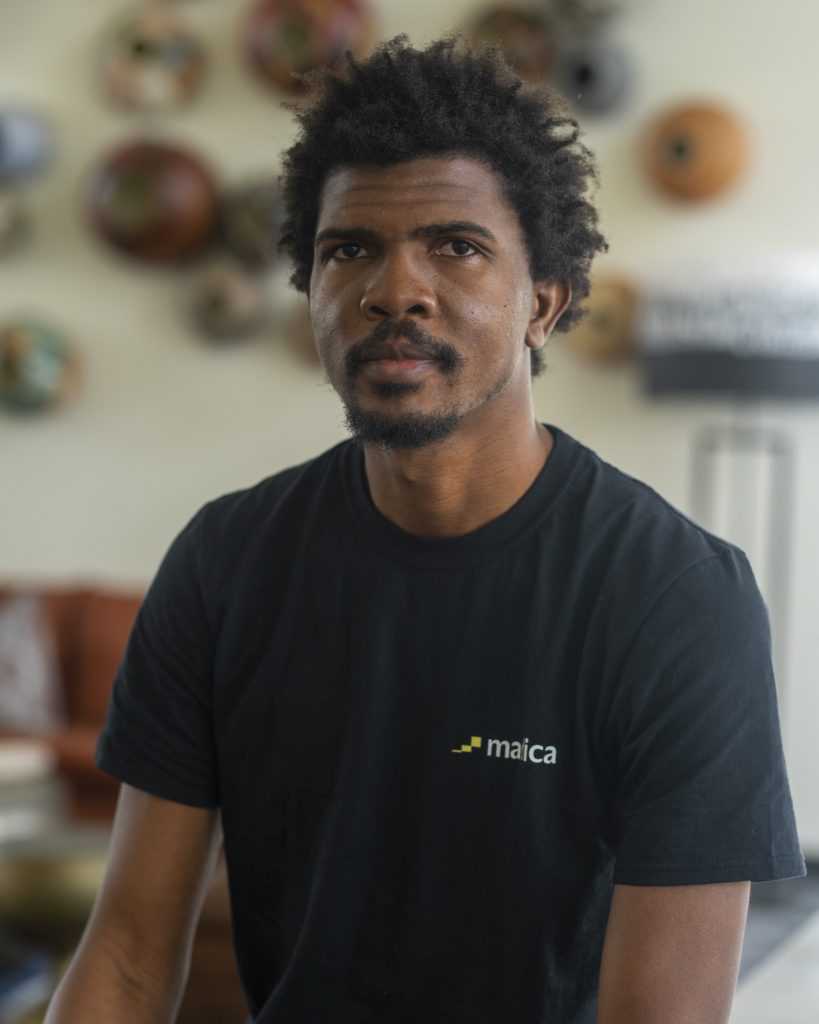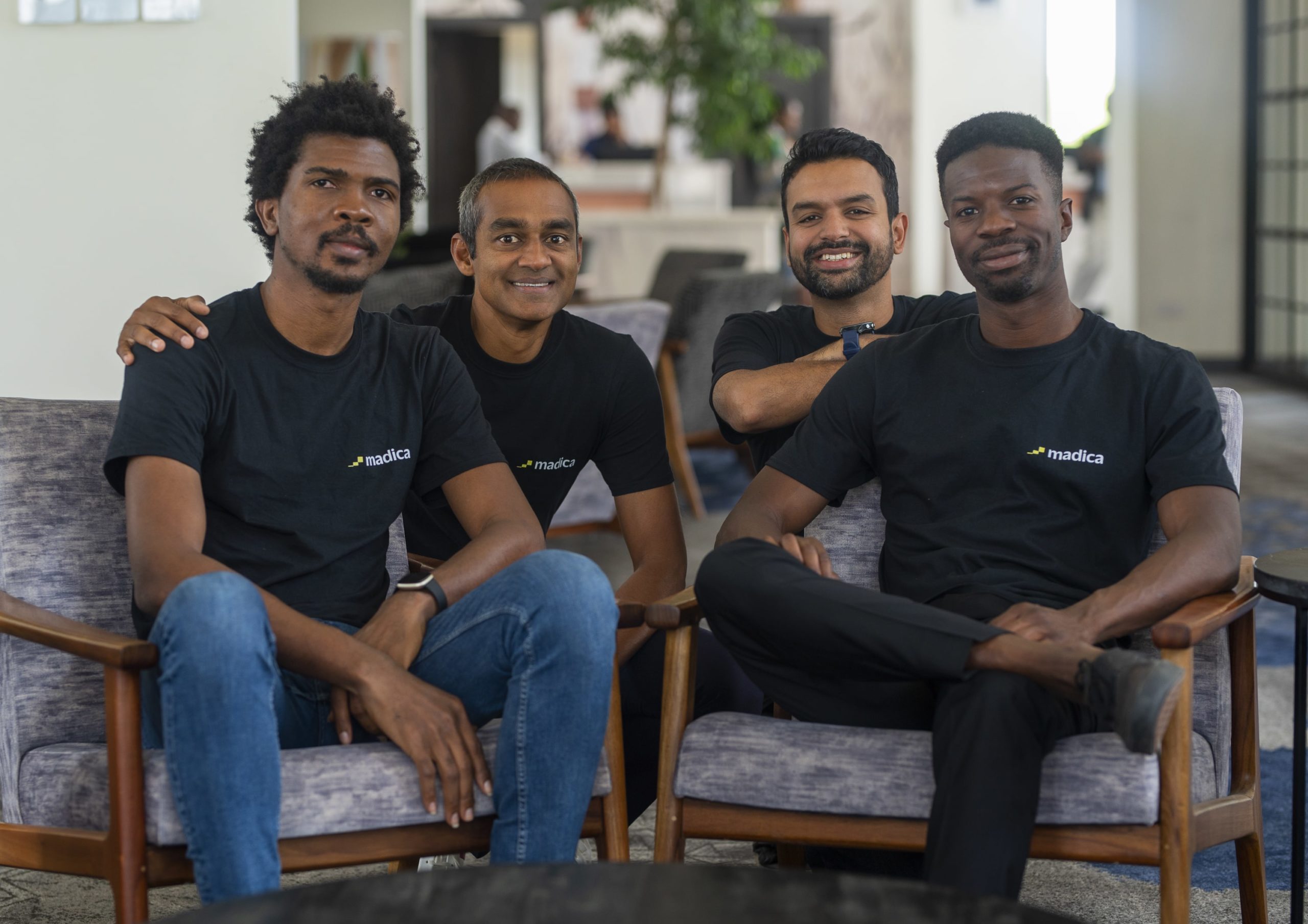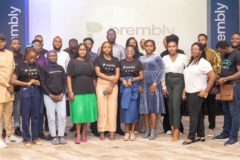Funding in Africa’s tech industry has its favourite destinations. The Big 4—Nigeria, South Africa, Egypt, and Kenya—accounted for more than 70% of the $5.2 billion raised by startups in Africa last year, according to Partech’s 2021 report. The remaining 50 countries on the continent raised $1.4 billion, a paltry sum, but still a 382% improvement from the previous year.
This year, the trend continued. By the second quarter of 2022, of the $1.26 billion that was raised on the continent, $660.93 million went to the Big 4, according to this TechCabal Insights report. But for Africa to continue on its current upward trajectory in technology, investment and opportunity need to be diversified to include more than just the Big 4.
Beyond geography, the funding gap also manifests in the sectors that receive funding. Fintech received 63% of funding on the continent last year, despite only making up 32% of investment deals. While it is understandable that fintech leads—57% of the continent remains unbanked—other sectors that could contribute to the growth and development of the continent are not given the same attention. This funding gap has led to clamouring for more investment and building in deep tech, especially artificial intelligence and applications of blockchain technology.
Karim Beguir, co-founder and CEO of Instadeep, a Tunisian AI startup that raised a $100 million Series B in January, told TechCabal “artificial intelligence will drive decision-making and will soon determine the next most powerful government and economy.” Beguir’s confidence is not unfounded. In just 5 days, ChatGPT, an artificial intelligence chatbot, acquired 1 million users. For context, it took Facebook a year to acquire 1 million users, and the platform currently boasts 3 billion users.
These funding gap challenges are what Madica, which stands for Made in Africa, wants to solve. According to Emmanuel Adegboye, the head of Madica, the investment program launched by global venture capital firm Flourish Ventures wants to “broaden the pool of capital that’s coming into Africa.” The sector-agnostic program will run for the next 3 years and provide up to $200,000 in equity funding for pre-seed startups across the continent.
On a call with TechCabal, Adegboye said that with his experience in venture capital and as a founder, coupled with Flourish Ventures’ experience on the continent, they noticed that most of the funding in Africa went to fintech, the Big 4, and well-connected male founders.
Adegboye also shared that Madica’s approach of including other sectors of the ecosystem was essential because “it takes a diverse pool of founders to address the challenges on the continent.” Although Madica will still invest in startups from the Big 4, Adegboye explained that to help show investors that investment in other African countries is secure, the program will deliberately seek out startups from other countries.
He added that Madica is an effort to change that narrative and create 25 to 30 success stories across the continent over the next three years, which will then cause global investors to think about other sectors and countries in the industry a little differently.
To be eligible for the programme, a startup must have a minimum viable product (MVP), full-time founders, and little or no institutional funding. Startups at the pre-seed stage are known for being in the ideation phase, where they are still trying to build a product and ascertain the demand for it. When asked why Madica demands that these pre-seed startups have an MVP and, ideally, paying customers, Adegboye said that Madica is meant for startups that are at the earliest stage of wanting to raise institutional capital.

He clarified that Madica is not meant for startups at the ideation phase and that the program has partnered with accelerators and incubators to establish a pipeline for founders after graduation. He added that the requirement of an MVP from Madica is to ensure that the funding will go to founders for whom the investment would make a meaningful difference.
Madica has set aside $6 million in investment capital and an additional $6 million for programmatic support. This support, according to Adegboye, includes a network of coaches, mentors, and experts who can offer startups specialised hands-on assistance. There will also be frequent gatherings of the startups in Madica’s portfolio, and the goal, according to Adegboye, is to help the founders build a network with each other and investors and to learn from advanced ecosystems.
Madica’s approach, if well implemented, might help signal a turning point in how funding is perceived on the continent. However, as their experience on the continent has demonstrated, Flourish Ventures may find it difficult to resist the draw of fintechs and the associated promise of profitability and cash flow. On the continent, the VC company has invested in 12 firms, 10 of which provide financial services.
Adegboye assuredly said that Madica is a separate entity and has separate governance from Flourish Ventures. He also affirmed that Madica will be sector-agnostic and intends to double down on providing hands-on support, extensive resources, and access to networks for startups in underrepresented countries.





















